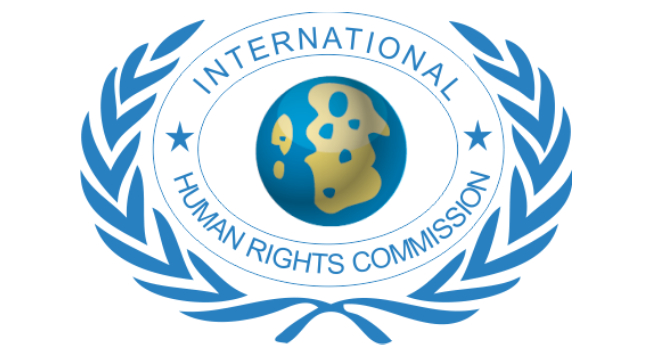The International Human Rights Commission (IHRC-RFT) Nigeria Chapter has reiterated its commitment to addressing human rights challenges in the country as it joined the global community in celebrating Human Rights Day. Observed annually on December 10, the day emphasizes the importance of fostering peace, justice, and equality for all.
In a statement, Country Director Amb. Abdullahi Bakoji Adamu highlighted the significance of the Universal Declaration of Human Rights (UDHR), adopted in 1948, as the cornerstone of global human rights advocacy. While the UDHR serves as a beacon of hope for freedom and dignity, the challenges facing human rights in Nigeria remain pressing.
The IHRC-RFT continues to receive numerous reports of violations, particularly those affecting women, children, and marginalized communities. Gender-based violence, including rape, persists as a significant threat to the well-being of women and children. Child labor deprives many children of education and basic rights, while barriers to education, especially in rural areas, limit opportunities for girls.
Early marriages, often imposed on young girls, expose them to lifelong health and social challenges. Additionally, insecurity fueled by armed conflicts, banditry, and kidnappings destabilizes communities, with women and children bearing the brunt of the crisis.
Amb. Adamu outlined the efforts of the IHRC-RFT in addressing these issues. The organization works closely with law enforcement and judicial authorities to ensure accountability for human rights violations. It also raises public awareness through media and community engagement initiatives while providing legal and psychological support to victims of abuse.
However, the commission faces challenges such as limited resources, bureaucratic delays in legal processes, and a lack of awareness among many citizens about their fundamental rights.
The IHRC-RFT called for greater collaboration among the government, civil society organizations, and the public to build a society where peace, dignity, and equality are upheld. Amb. Adamu emphasized that safeguarding human rights requires the collective effort of all stakeholders. He also praised the role of the media in amplifying human rights advocacy and promotion public understanding of these critical issues.

